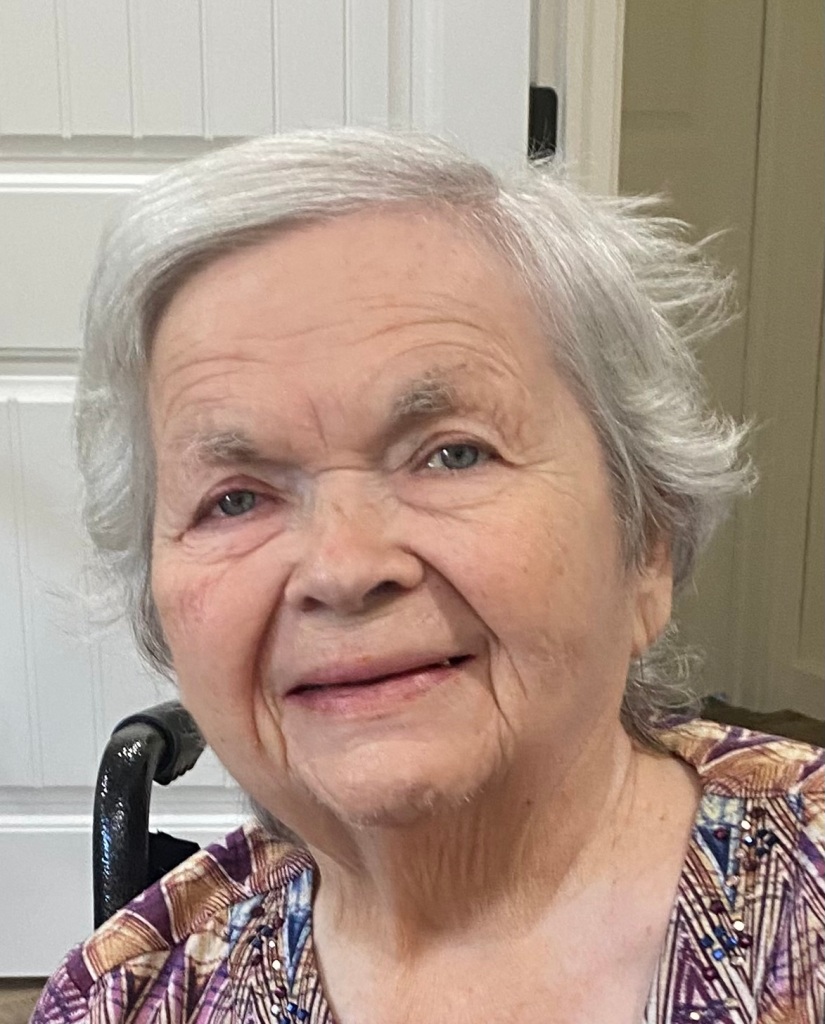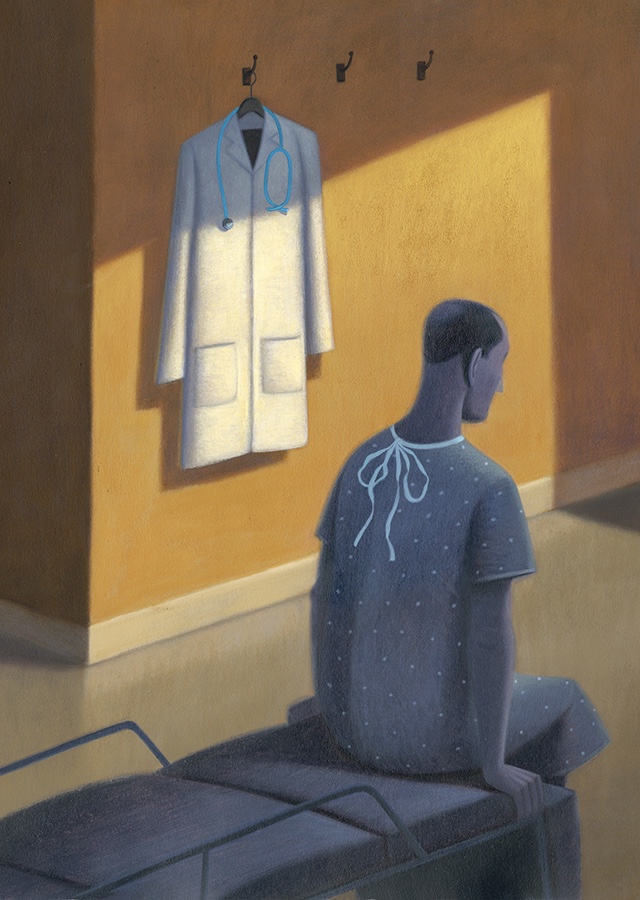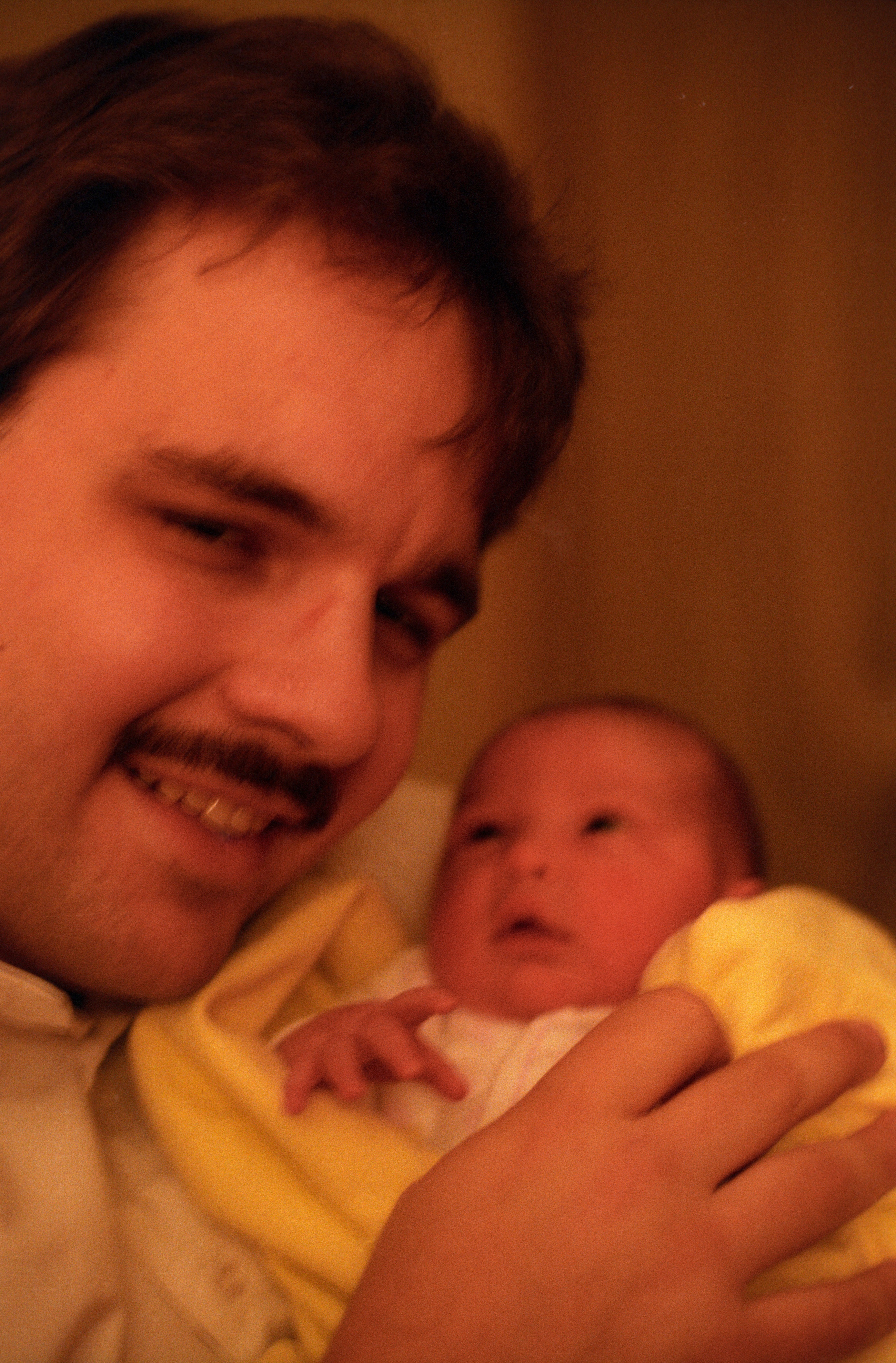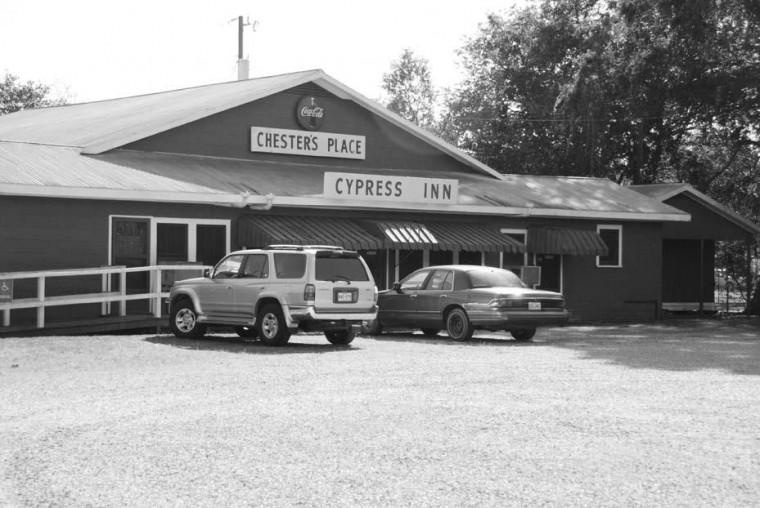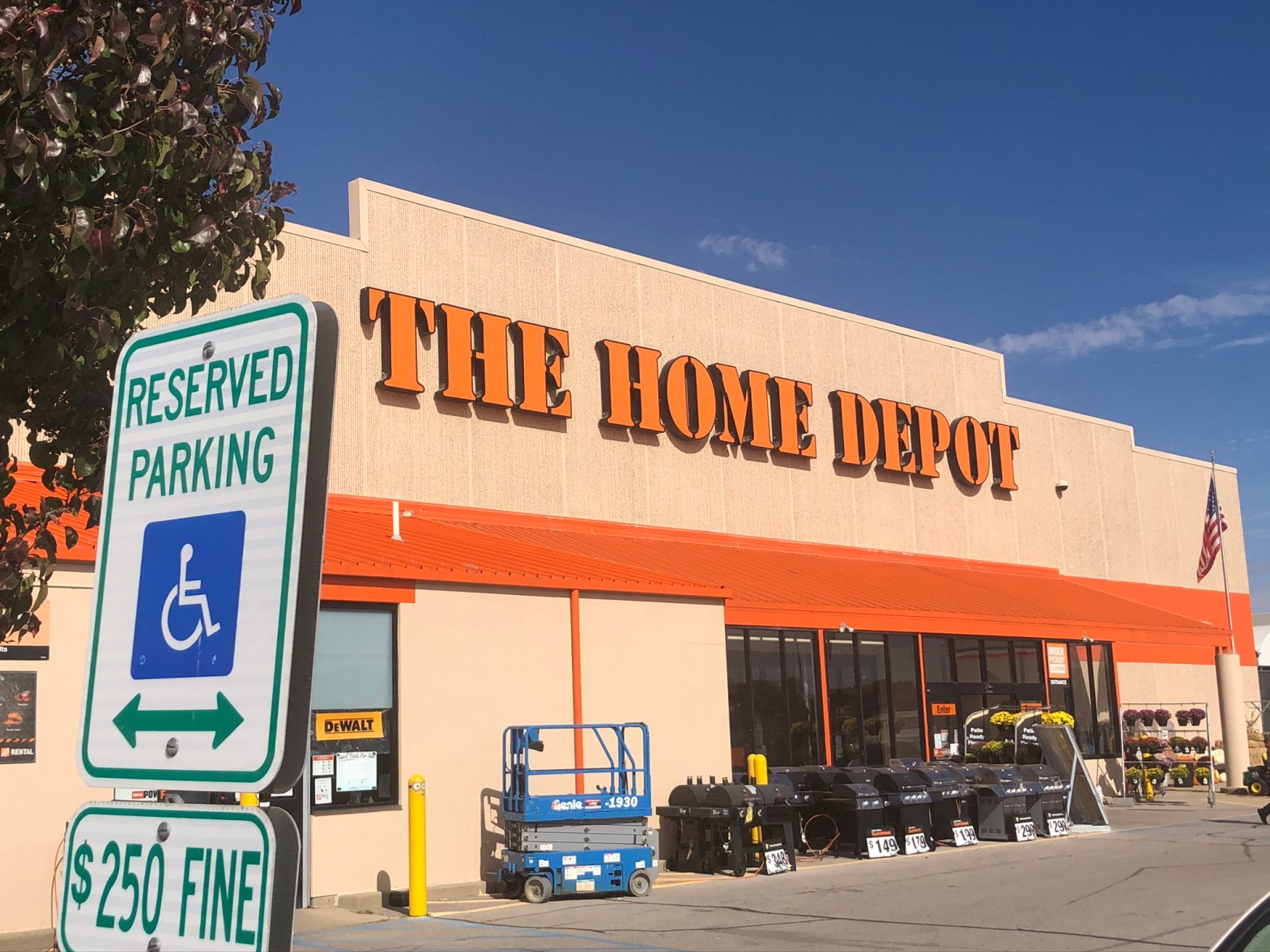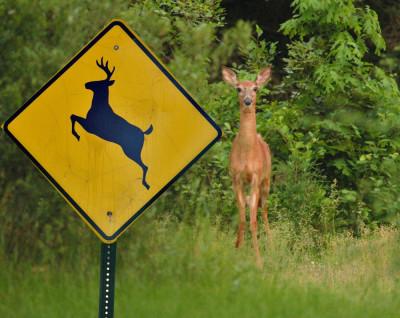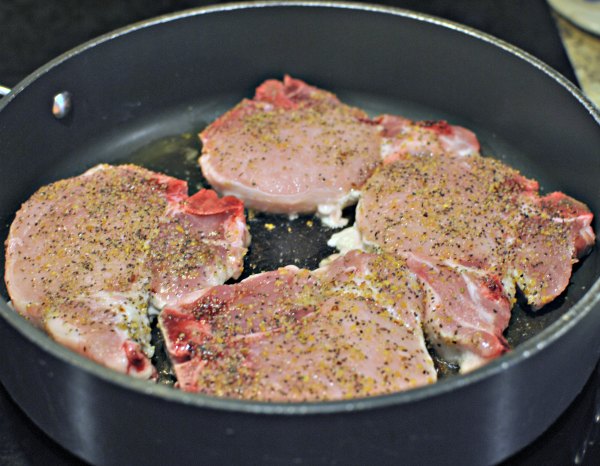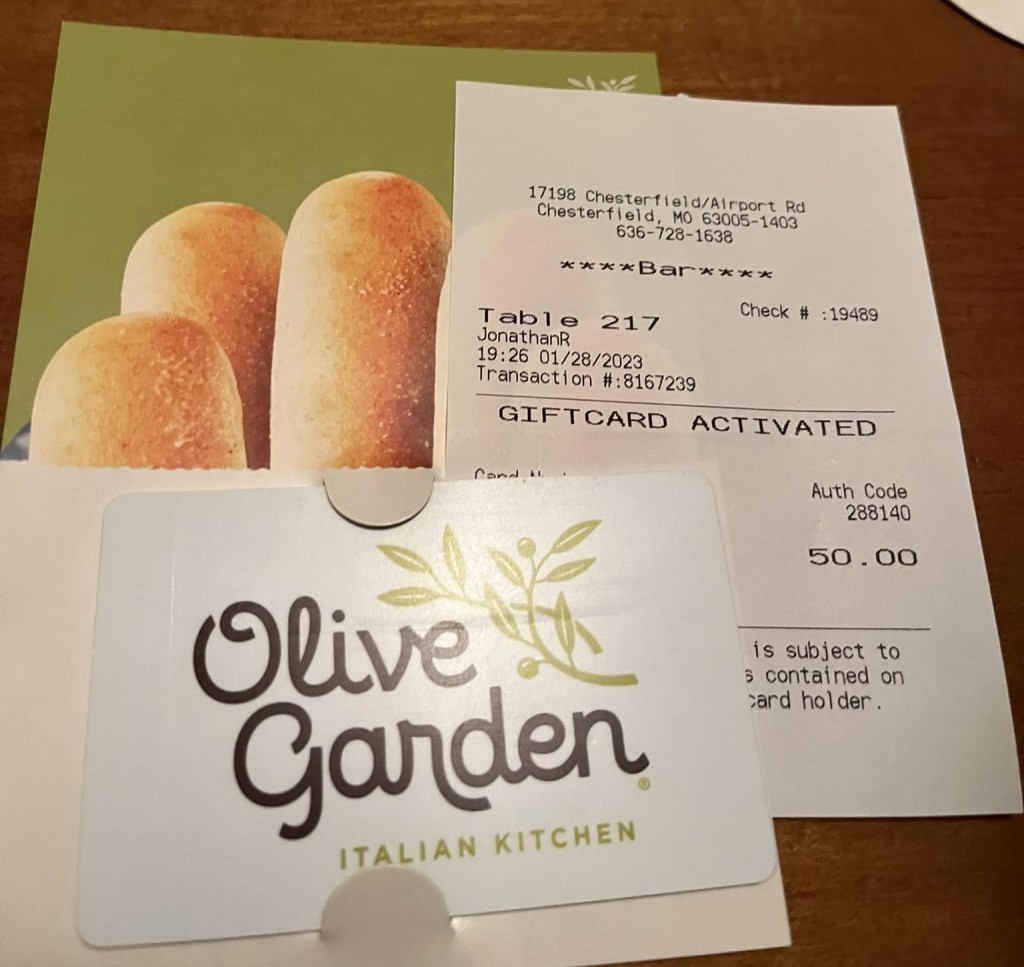
January 28, 2023
My mother-in-law Judith, Diana, her sister Donna, and I left the hospital this evening, having said tearful last good-byes to my father-in-law, David Lyon. We were exhausted and emotionally spent. It didn’t seem right to part ways just yet. Things were too recent–too raw. I asked Judith if she wanted to go out for dinner and she requested Olive Garden. The restaurant was packed and bustling with patrons–a 45-minute wait for a table. Not exactly what we needed at the time, but wait, we did. Judith and Donna were standing in the lobby and a middle-aged woman and her 10-year-old daughter offered them their seats in the waiting area. Donna graciously accepted the offer explaining to the woman that her father had passed away a few hours prior.
About 45 minutes later, we’re finally seated at our table and the woman and her daughter who offered their seats approached our table. The woman stood back a bit and the little girl presented Donna with a $50 Olive Garden gift card accompanied by a big hug and condolences.
A random act of kindness?
Some may say so, but in my opinion, that just doesn’t adequately or accurately describe it. The whole interaction seemed spontaneous, yet so deliberate. God-directed. Purposeful. “In the moment.” Random? No, not really–not at all. Real intentional ministry happened–ministry from strangers to a grieving family–that was obvious. But the other ministry at work was the ministry of a mother to her daughter and that is what impressed me the most. I witnessed a mother instilling in her daughter practical, selfless kindness in a way that will impact that young lady and those she touches in ways we cannot even imagine.
I was inspired.
Ephesians 4:32 – “Be kind and compassionate to one another, forgiving each other, just as in Christ God forgave you.”
